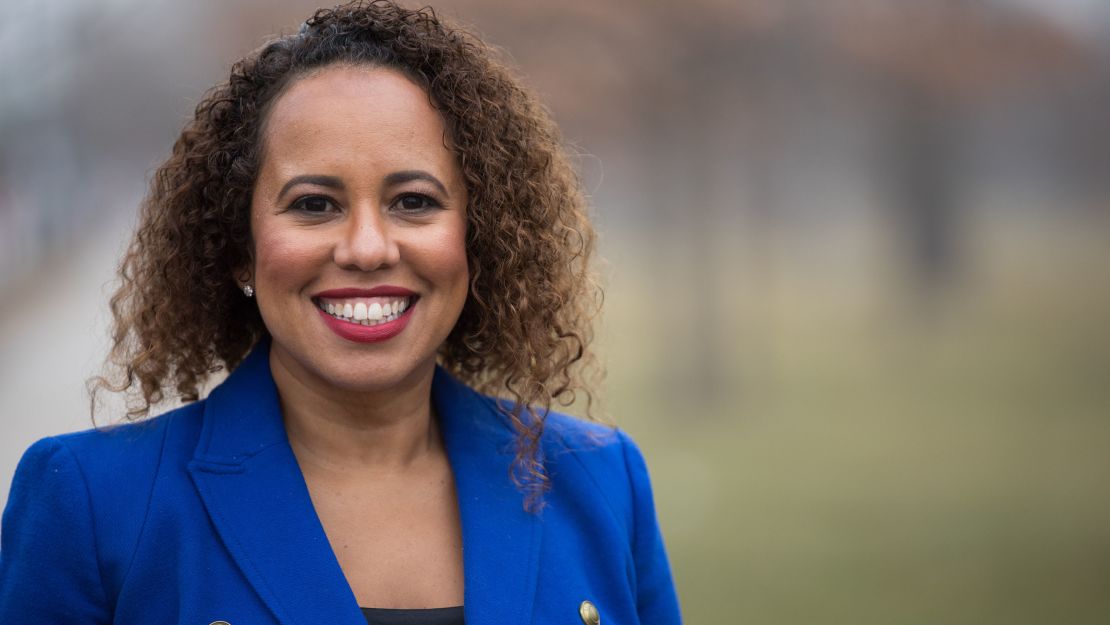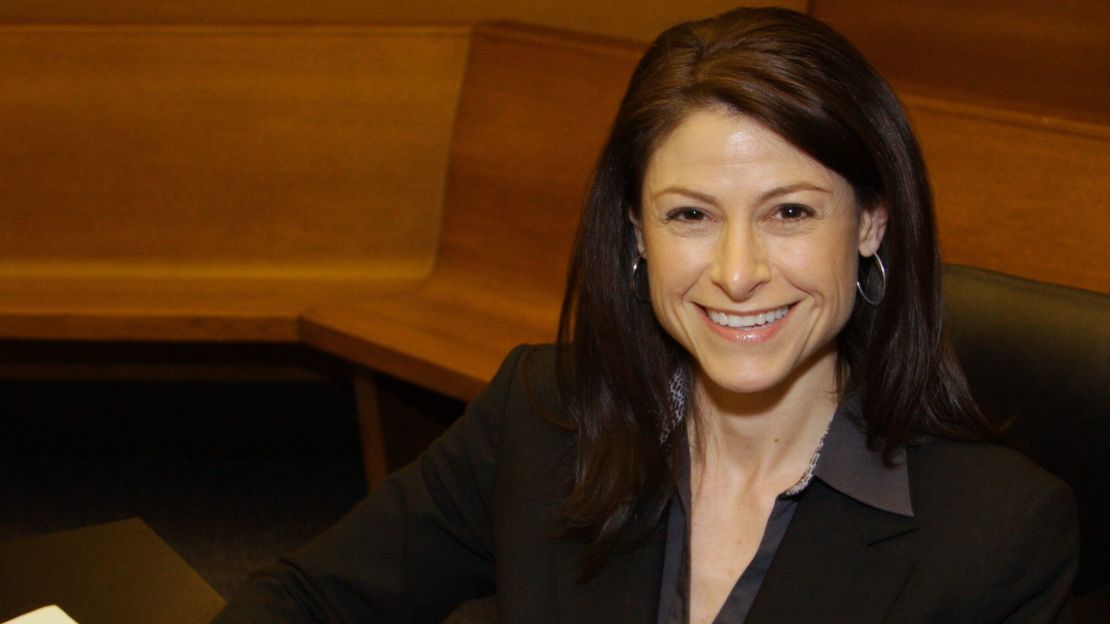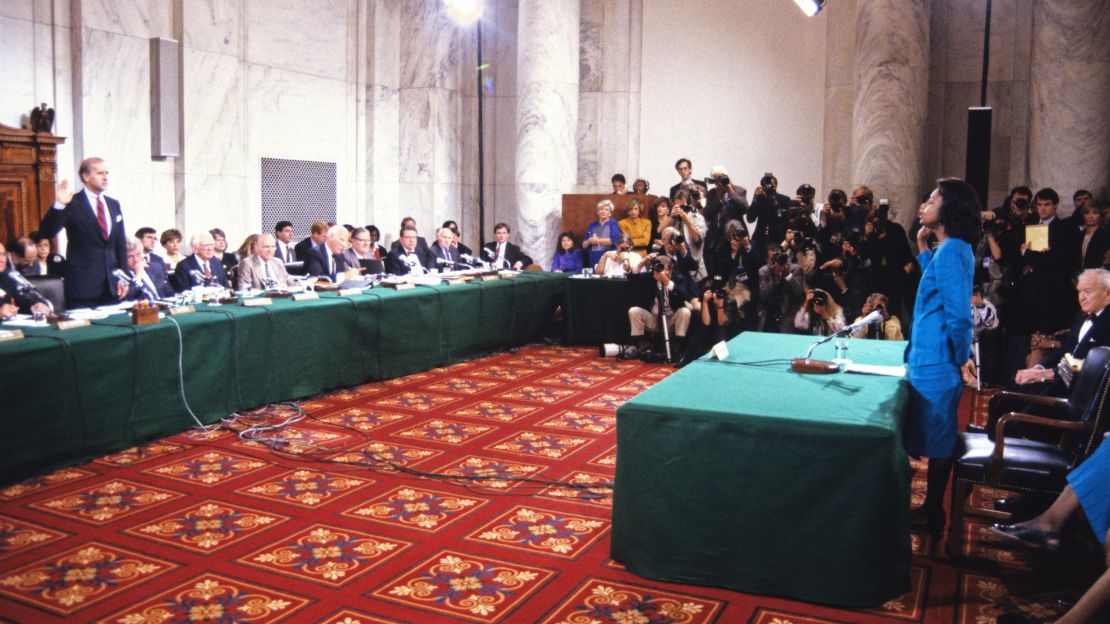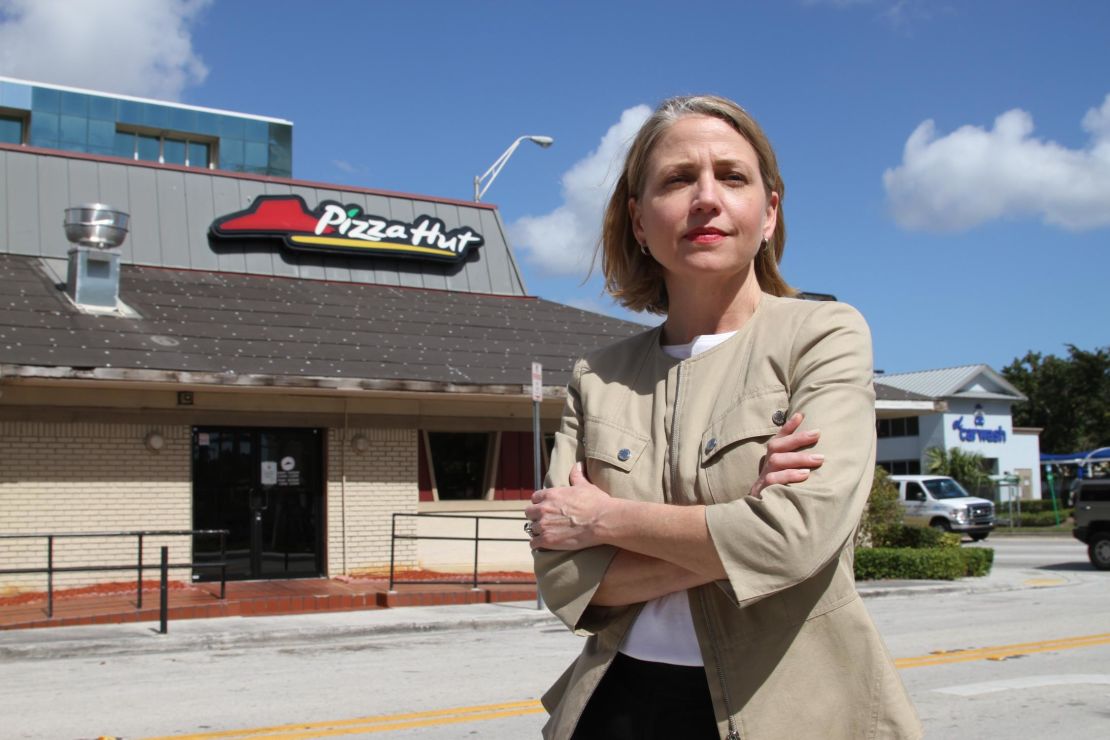“I didn’t tell anyone.”
Sol Flores looked at her newly minted campaign staff, recounting her story of sexual abuse as a child.
Why didn’t you tell anyone, they wanted to know. Who was he? How long did this go on?
“I was only 11,” recalled Flores.
It was odd to be speaking in such specific terms about the abuse, something that had defined her life and career as a social worker and advocate. She’d revealed it in general, but the details were hard to talk about.
“It was 1984,” said Flores, as she remembered the school art project that became a child’s first line of defense.

She decided to build a large wooden chest. Flores remembered how vividly she painted it – purple and yellow with flowers. She could see them as she closed her eyes and talked.
Flores would fill the chest at night with all the books and toys she had and lodge it against her door. While her mother worked at night, a man who was living with them would slip into her room and lift her clothes. The box would scrape against the carpet when he opened the door and startle Flores awake. At age 11, Flores would bolt up and fight him off.
That’s it, said Flores’ staff. That’s your opening campaign ad.
Standing in the hallway of her childhood home, Flores, now a first-time Democratic candidate for Congress, stared into the camera and told voters of Illinois’ 4th congressional district about her abuse. She ends the ad with the rallying cry of the #MeToo movement: “I’ll fight as hard for you in Congress as I did to protect myself.”
From Chicago to Miami to Detroit, Democratic women running for state and federal office in 2018 tell CNN that the #MeToo movement is the rallying cry fueling their candidacies.
What began as a hashtag generally against abusive men in power, moved into political accountability for alleged assaulters, and is now propelling some political candidacies in a historic year for women as record numbers run for local, state and national office in 2018.
For progressive women now running as Democrats, the election of President Trump, who has denied accusations of sexual assault, was another spark and the Women’s Marches that followed his inauguration fanned the flames. They tell CNN they cast the President as both a symbol and perpetrator of the sexual harassment the #MeToo movement rallies against.
Flores, executive director of La Casa Norte, a nonprofit organization that provides housing and services to homeless families in Chicago, said Trump’s election crystallized to her how little parity exists in the American political and power structure.
The #MeToo movement, said Flores, is borne out of the frustration that power won’t shift unless government looks more like the people it’s supposed to represent. The Trump White House, said Flores, certainly bears little resemblance to Flores’ life or the life of her district.
“We need to change the face of Congress,” said Flores, running in an open seat created by the retirement of Rep. Luis Gutierrez.
“I want voters to know I’ve been there. I’ve struggled just like them. I fought my way out. I will fight for them just as hard.”
The state of #MeToo in Congress

In Detroit, Democratic Michigan attorney general candidate Dana Nessel calls the #MeToo movement the singular, driving force for women candidates like her in 2018.
“I think that’s a big part of why women are running for office. Because they know that part of ensuring that sexual harassment does not take place in the highest levels of government by making certain we have more women there.”
Nessel unapologetically and pointedly made #MeToo the centerpiece of her campaign. Nessel’s opening campaign ad was recorded in her living room on a shoestring budget, as she looks squarely into her phone camera.
“When you’re choosing Michigan’s next attorney general, ask yourself this,” said Nessel. “Who can you trust most not to show you their penis in a professional setting? Is it the candidate who doesn’t have a penis? I’d say so.”
To her surprise, the ad landed on Jimmy Fallon and Jimmy Kimmel that night. Nessel has no regrets, she said.
“I was making a serious point,” said Nessel. “What considerably contributes to the problem of sexual harassment is when you don’t have enough women in positions of power.”
Nessel, a lawyer who has spent her career as a sex crimes prosecutor and civil rights defender, looks to the Trump White House as her “Exhibit A.”
“We view Donald Trump as potentially one of the worst offenders,” said Nessel. “That sort of tone deafness, that complete lack of understanding of why that would be troublesome to the women who live in this country is exactly what we’re fighting against.
“In November of 2018, we are going to see a cataclysmic push back to what we’ve seen through the Trump administration. We’re fighting back against the notion that women are something that you can grope, you can abuse or harass, but not to be taken seriously. We’re going to take back our state offices. We’re going to take back our federal offices and we’re not going to take it anymore.”
If there is anyone who pushing back directly and forcefully on Donald Trump, it’s Rachel Crooks. Less than one month before the 2016 presidential election, Crooks went public with an accusation directed at Trump. Crooks said that, more than a decade ago, she greeted Trump outside an elevator in Trump Tower. She was a receptionist in the building and says she was attempting to be cordial to one of her company’s business partners. Trump, she alleges, kissed her on the mouth and cheeks repeatedly for minutes without her consent. Last month, Crooks declared her candidacy to be a Democratic state representative in Ohio.

Political history has seen this before.
In late 1991, the country was consumed with the confirmation hearings of Supreme Court nominee Clarence Thomas. Anita Hill, a former employee of Thomas, accused him of sexual harassment.
“The visual that people saw on their television screens every day was a black woman, sitting alone, in front of a panel of 20 white, older men, who were being quite critical of her and her allegations against Clarence Thomas,” said Assistant Professor Kelly Dittmar, a scholar at the Center for American Women and Politics. “Many women at home saw that as a clear representation of their underrepresentation in Congress. That was a mobilizing force for many women to both encourage other women to run and to think about running for office themselves in that year.”
How Anita Hill forever changed the way we talk about sexual harassment
1992 became known as the Year of the Women, as a record number of women ran for office and made historic gains in Congress. 2018 mirrors 1992 in the number of women running for office, said Dittmar, fueled by a national conversation of inequity and sexual harassment as a result of the gender imbalance of power in government and business.
After #MeToo, more women feeling empowered
She cautions that 2018 differs in that overall engagement by Democratic men and women is up but many of them are running against incumbents, so the final percentage gains in office may be lower than 1992.
But the shift in the national and political conversation can’t be overstated, said Dittmar. “#MeToo allows both men and women, but particularly women, to say this issue has to be dealt with in public policy.”

“Hell yeah!” said Mary Barzee Flores, as she weighed whether to run for Congress. In Florida’s 27th congressional district, Republican Ileana Ros-Lehtinen was retiring, making the diverse district a likely gain for Democrats. In a crowded field, Barzee Flores, a first time candidate, needed to introduce herself to voters. She chose to begin with an on-the-job assault by her manager when she was just 17 years old.
Barzee Flores was working at a Pizza Hut near her home, a job she desperately needed in the months that followed her father’s sudden death. She had discovered the Pizza Hut manager’s wife was stealing money and reported the theft. When the woman was fired, Barzee Flores was promoted to the job formerly held by the wife of the manager.
“One night he followed me into the walk-in cooler,” Barzee Flores recounted to CNN. “He shut the door behind him and backed me into shelving. And I’ll never forget what he said. He said, ‘If you’re going to take my wife’s place, you’re going to perform all her duties.’
“He further backed me into the shelving. He lunged at me and groped me. I was terrified. Even if I screamed, no one would have heard me.”
Barzee Flores says she doesn’t remember to this day exactly what she said or did, just that she pushed him and managed to get out of the cooler. She never told anyone, not even her brother who also worked at the Pizza Hut. Barzee Flores’ brother would learn about the assault decades later.
Barzee Flores, a lawyer, former public defender and judge calls Trump’s election a “shock.”
“This man in particular, the way he’s talked about women, the way he’s treated women, so crass and degrading. It’s shaken us as women and made us stamp our collective feet and say, that’s it. This is ridiculous. And that made me want to come forward and talk about this.”
Barzee Flores met with CNN outside the Pizza Hut where the teenage incident allegedly took place. She stresses her attack pales in comparison with many other more traumatic experiences women have faced, but says the assault has “informed me throughout my life,” said Barzee Flores. “In my relationships, in my fight for the underdog, the under privileged and the disenfranchised as a public defender,” she said. “It is still informing me.”
Barzee Flores turned and looked at the Pizza Hut. “I like to look at this and think about how far I’ve come. How important it is to fight for women, who like that 17-year-old kid in the walk-in cooler need to be fought for. And I think it gives me purpose.”
Since this story was written, Sol Flores lost her primary to be the Democratic candidate for Illinois’ 4th congressional district.
Lah and Moya reported this story from Los Angeles, Miami, Detroit and Philadelphia. It was written by Lah in Los Angeles.




